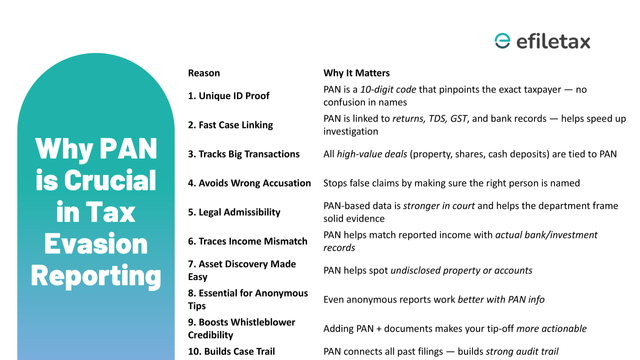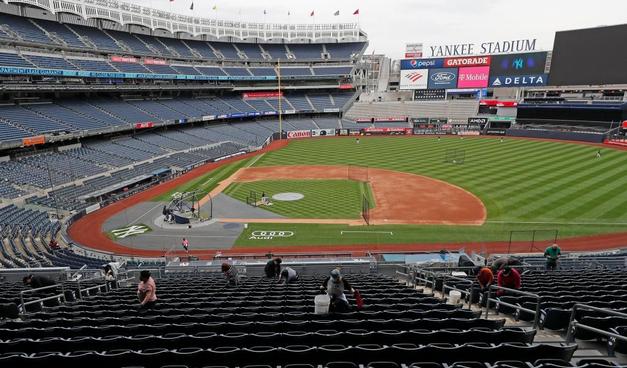"You might ask: is it really such a bad thing that a handful of people contribute less than they should?
The case for taxation is often framed as a matter of redistribution: taxing the rich to help the poor. However, there's another aspect to consider — we're missing out on the resources necessary to build the society we want to live in. According to Gabriel Zucman’s proposal, a tax on billionaires could raise up to $250 billion annually, funds that could be invested in critical public goods like healthcare, clean energy, and infrastructure.
And there’s an even more concerning consequence of uncontrolled wealth inequality: the (political) influence of untaxed wealth.
Rich individuals like Elon Musk can buy influential media platforms and other assets, consolidating their power and making it harder to challenge their influence. This concentration of power in the hands of a few undermines democratic processes.
Finally, when the wealthiest don’t carry their fair share of the burden, public trust in tax systems erodes. Why would anyone pay taxes when the ultra-rich barely do? This so-called ‘tax morale’ is a fragile thing, and when the system is perceived as unfair, it weakens the very foundation of social cohesion."
https://www.moralambition.org/stories/tax-fairness-explainer


